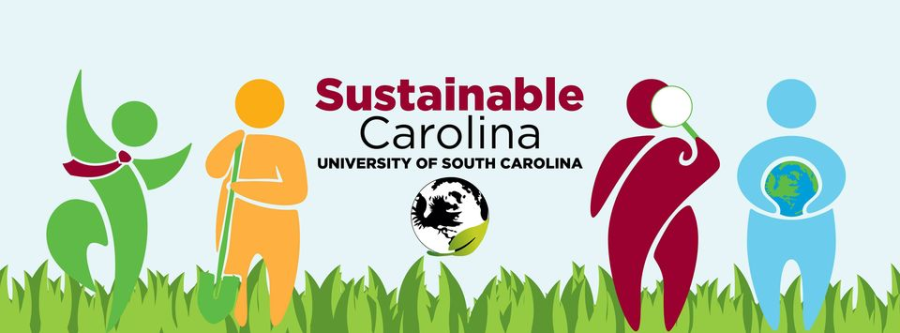Evaluating Waste Management Policies in Various United States Cities
Effective waste management is a critical component of creating sustainable and environmentally responsible cities. As waste generation continues to increase globally, it is essential to evaluate waste management policies and practices in different cities across the United States. By examining the strategies employed by these cities, we can gain insights into their successes, challenges, and potential areas for improvement. This article will evaluate waste management policies in several US cities, highlighting their approaches and outcomes.
San Francisco, California
San Francisco has gained international recognition for its innovative waste management policies. The city aims to achieve zero waste by 2020, diverting all waste from landfills through recycling, composting, and waste reduction programs. San Francisco implemented a three-bin system, requiring residents and businesses to sort their waste into recycling, compost, and landfill bins. This approach has resulted in a significant increase in waste diversion rates, reducing the amount of waste sent to landfills. However, challenges such as contamination in recycling and compost streams remain, requiring ongoing public education and awareness campaigns.
Seattle, Washington
Seattle is known for its ambitious waste management goals and commitment to sustainability. The city’s waste management policies focus on reducing waste generation and promoting recycling and composting. Seattle implemented a comprehensive food waste composting program, encouraging residents and businesses to separate food scraps from landfill-bound waste. This initiative has significantly reduced the city’s carbon footprint and methane emissions from decomposing organic waste in landfills. Seattle has also banned single-use plastic bags and implemented a mandatory recycling program, further promoting waste reduction and recycling.
Austin, Texas
Austin has made significant strides in waste management, with a strong emphasis on recycling and composting. The city has implemented a single-stream recycling program, simplifying the recycling process for residents and increasing participation rates. Austin also offers curbside organic waste collection, encouraging residents to compost food scraps and yard waste. These initiatives have helped divert a substantial amount of waste from landfills, contributing to the city’s sustainability goals. However, Austin faces challenges related to contamination in recycling streams and the need for increased public education and outreach.
Portland, Oregon
Portland is renowned for its sustainability efforts, and waste management is a crucial component of its environmental agenda. The city has implemented a comprehensive recycling and composting program, aiming to achieve zero waste by 2040. Portland provides residents with curbside collection for recycling, compost, and garbage, making it easy for individuals to properly dispose of waste. The city also supports initiatives such as community composting and business recycling programs. Portland’s waste management policies have resulted in high recycling rates, but ongoing efforts are needed to address contamination issues and improve waste diversion in multifamily dwellings.
New York City, New York
As one of the most populous cities in the United States, New York City faces unique waste management challenges. The city has implemented a comprehensive recycling program, requiring residents and businesses to separate recyclables from landfill waste. New York City also operates a robust organics collection program, encouraging composting of food waste and other organic materials. However, the city’s waste management system faces logistical complexities due to its density and high population. Improvements are needed in areas such as education, infrastructure, and reducing contamination rates to enhance waste diversion efforts.
Charleston, South Carolina
Phoenix has made significant progress in waste management, particularly in the area of recycling. The city provides residents with single-stream recycling, making it convenient for individuals to participate. Charleston has also established partnerships with local businesses and organizations to promote recycling and waste reduction initiatives. However, the city faces challenges related to low recycling rates, contamination issues, and limited participation in composting programs. Addressing these challenges will be crucial to further enhance waste management practices in Charleston.
Waste management policies and practices vary across different cities in the United States. While each city has made efforts to reduce waste generation, promote recycling, and increase composting, challenges persist in terms of contamination rates, public education, and infrastructure. By evaluating these policies and sharing best practices, cities can learn from one another and work towards more effective and sustainable waste management systems. Continued innovation, collaboration between government, residents, and businesses, and ongoing public education will be essential in improving waste management practices and creating greener cities for the future.
